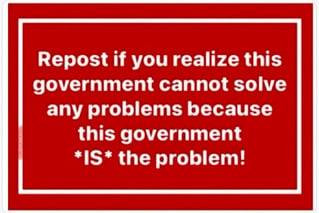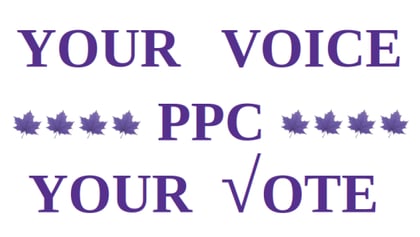Have you ever wondered if your vote actually impacts the larger picture of an election?
A phenomenon that can play a pivotal role in shaping election outcomes is called vote splitting. This topic often flies under the radar, but it can dramatically alter a political landscape.
Drawing on research from sources such as the Electoral Integrity Project, we know that when like-minded voters distribute their support across multiple candidates, it often boosts the chances of a less popular party.
I'm here to tell you more about this electoral conundrum. Keep reading as we dig deeper.
Vote splitting is a phenomenon that can occur for a variety of reasons, including:
STRATEGIC VOTING: Whereby voters select a candidate who they believe has a better chance of winning, even if they prefer someone else.
TACTICAL VOTING: Where voters may vote for a candidate who they believe will hurt the chances of a candidate they believe may win.
SINCERE VOTING: Is voting for your favourite candidate, even though that person may not win.
People who use STRATEGIC VOTING do so because they believe it will put them on the winning side. Everyone likes to be a winner, Right?
With TACTICAL VOTING – there is often no preferred candidate, but one candidate is seen as the most obvious winner, so someone else is chosen to thwart the obvious winner. Their vote, in effect becomes an "Anyone but the other person vote".
Using SINCERE VOTING, you will vote for the person you know and or actually support, Always The Most Natural And Best Way.
By knowing more about the candidates, you have a chance of electing a person who will make decisions that are more agreeable to you and your views.
Our votes are called proxy votes, "we are giving them, our power to decide things as they see fit". In Canada, there are currently 17 federally registered parties that may run candidates in federal Elections.
Canada uses FIRST PARTY PAST THE POST system, we as individual citizens have very little to say about who runs the actual government. We get to choose a candidate who decides how to use our vote. Once a Government is elected we have no recourse with them until the next election.
“UNLESS, the government decides a REFERENDUM is required”, for a specific issue. According to the Governor Generals Office, “There is no right within our government laws or procedures to recall individual politicians or the government”.
If a party elects 175 or more MEMBERS OF PARLIAMENT, they will have a MAJORITY GOVERNMENT, and the right to govern as they see fit, until the next election.
In a MINORITY GOVERNMENT one party will have more MEMBERS OF PARLIAMENT than the other parties, BUT DOES NOT HAVE 175 MEMBERS, As long as no other party has or gets more, they will form the government, and have all the abilities of the government. It is then up to the MINORITY GOVERNMENT to work with “ALL THE OTHER PARTIES” and do a good enough job to stay in power until the next election.
FIRST PARTY PAST THE POST also applies to the electoral districts like ours. “OUR INDIVIDUAL VOTES ARE THE ONLY REAL POWER WE HAVE WITH THE GOVERNMENT”.
My personal belief, is we should never vote for anyone we don't actually know something about and actually support, and we should always vote. So we need to do some research. But BEWARE OF PROPAGANDA.
I'm sure you would agree that in our hectic world it's very difficult to know the 4 or 5 people who may be running in your district. Especially if you've never met or heard from them directly. And it would be even tougher still “IF” there were 17 candidates. YOU could trust a person's name or a picture of them or even trust the party they represent. YOU, MIGHT?
But I believe that would be similar to letting someone you know little or nothing about, make decisions for you and your family. Which when they have your proxy, is what will happen.
REALISTICALLY SINCERE VOTING is the best way to go. At least by knowing more about them, you have a chance of electing a person who will make decisions that are more agreeable to you and your views.
I hope this information has been enlightening and helpful in showing you the larger picture of what your vote can do.
David S. Watson
YOUR VOTE ACTUALLY DOES IMPACT THE ENTIRE COUNTRY...




